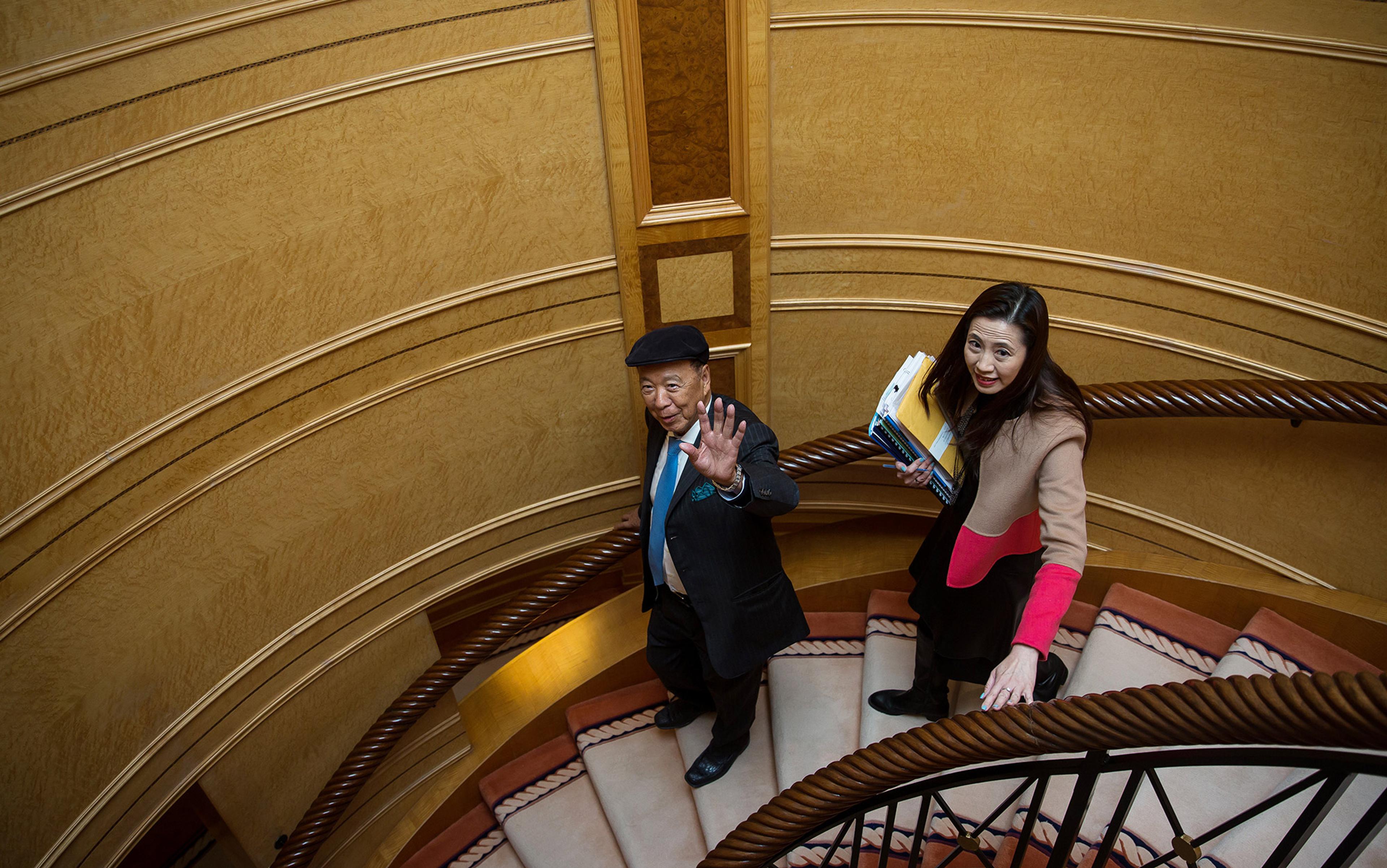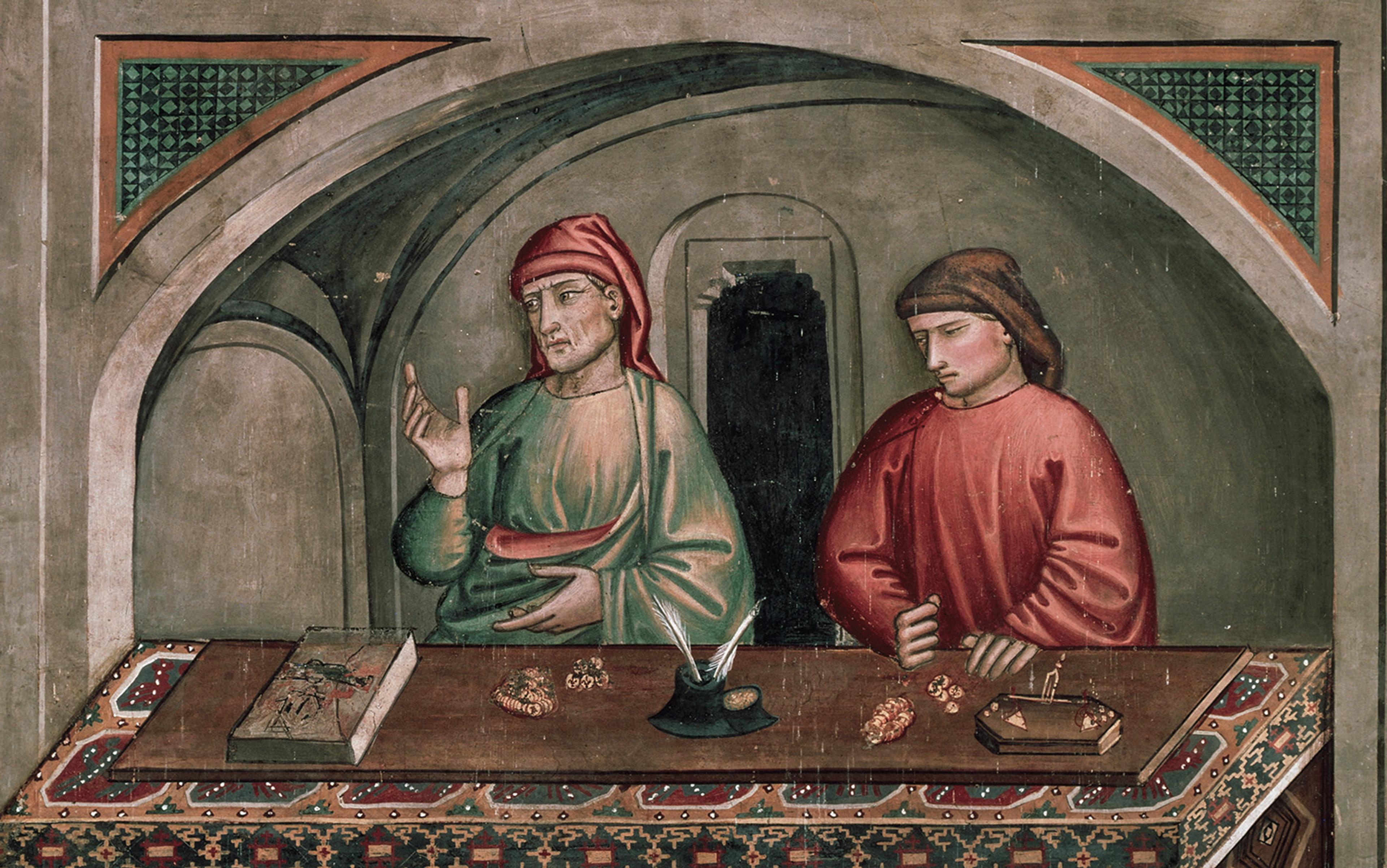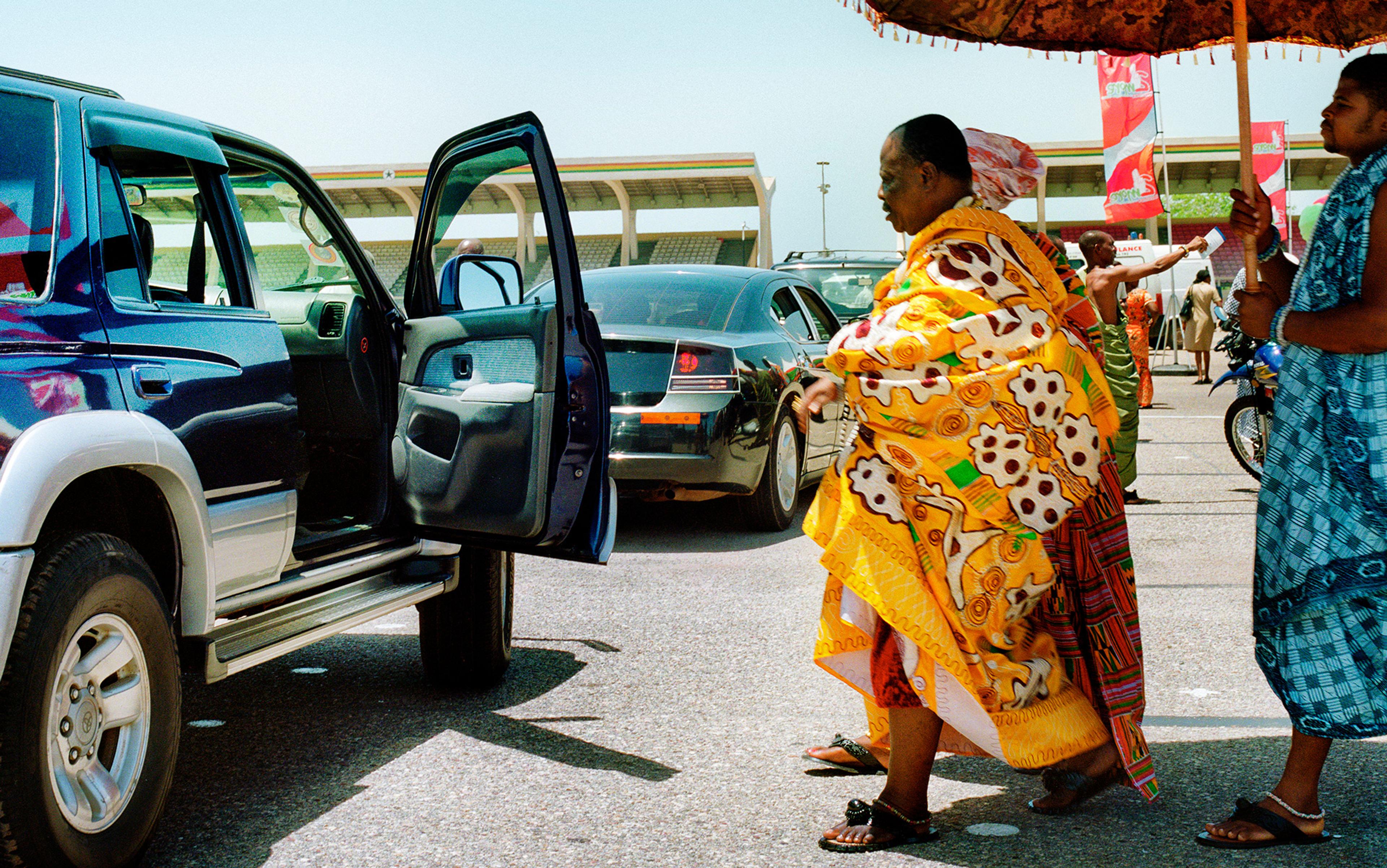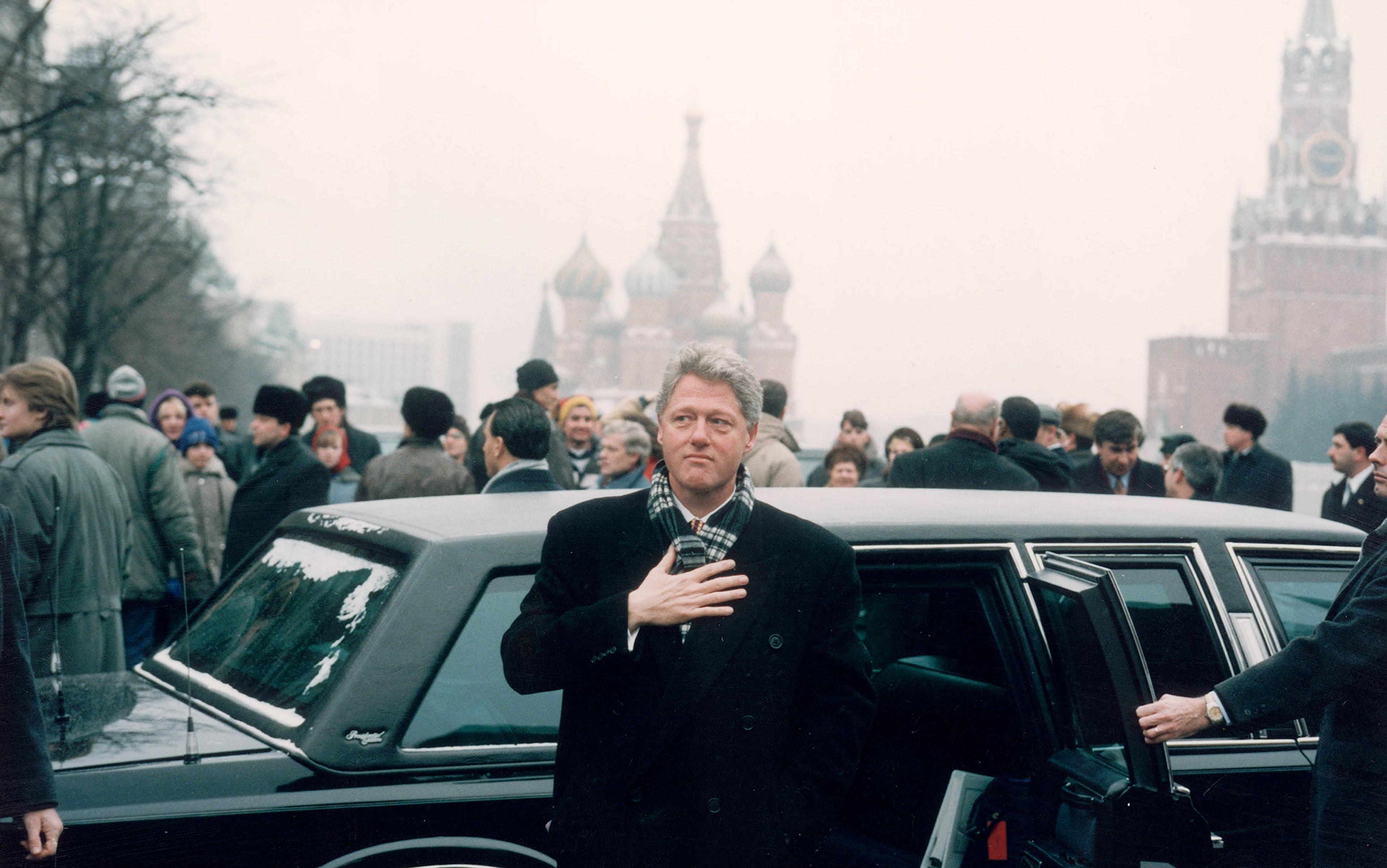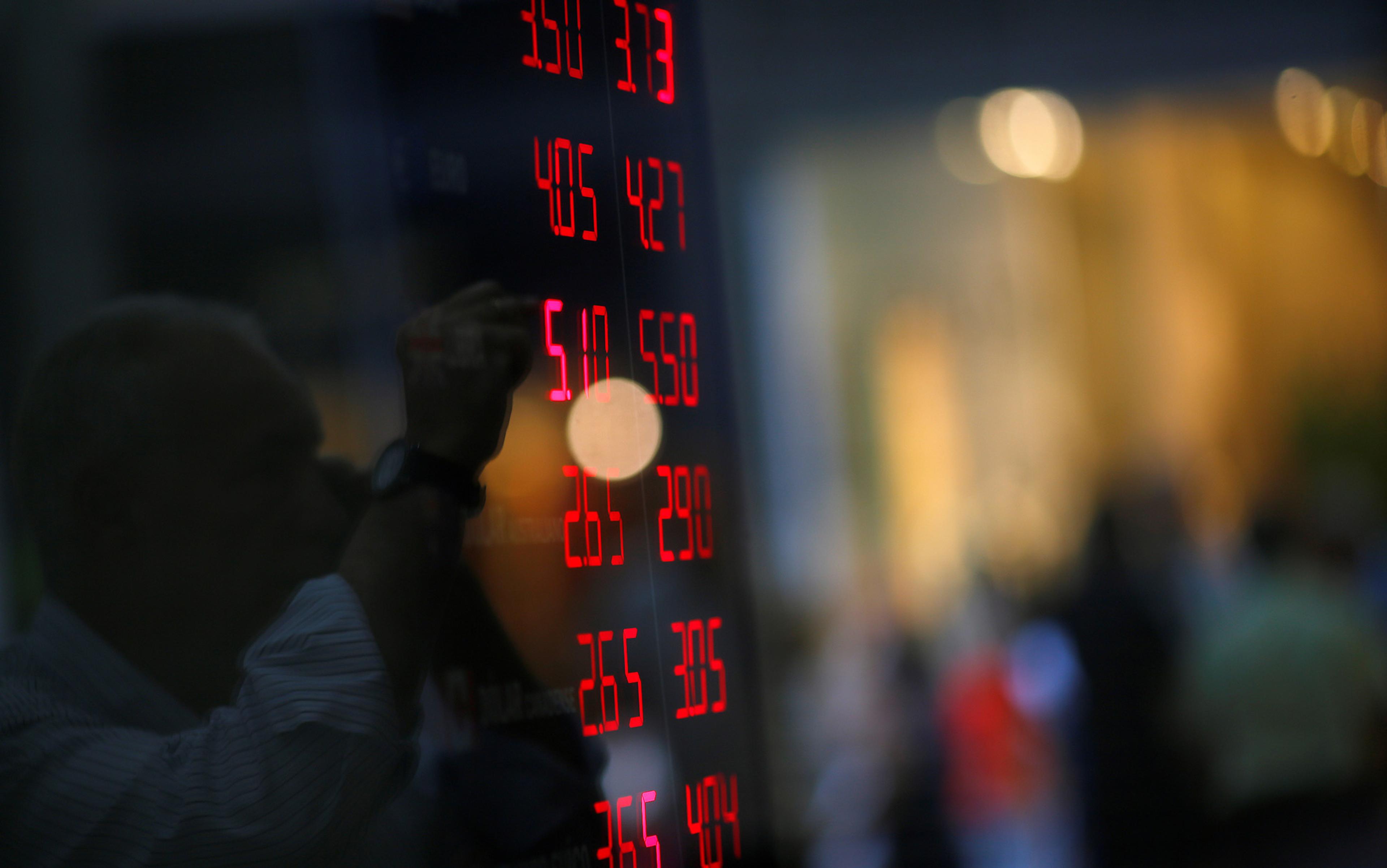If you want to understand rich people, talk to their servants. This was the intuition that made a cultural phenomenon of Upstairs, Downstairs in the 1970s, and Downton Abbey 40 years later. The same idea underlies the drama of Bleak House (1853), Charles Dickens’s novel of wealth and family intrigue: the servants know all, but no one knows more than Mr Tulkinghorn, the lawyer who manages the fortune of Lord and Lady Dedlock. Tulkinghorn, who appears at first to be a mere employee of his noble clients, is soon revealed to be pulling the strings as ‘master of the mysteries of great houses’.
The 21st century has seen a proliferation of Tulkinghorns; today, there are tens of thousands of professionals worldwide who specialise in managing the fortunes of the world’s richest people. As global wealth has grown, and become increasingly concentrated in a few hands, there has been an explosion in demand for experts to protect it from tax, and from any other laws or obligations that the rich find inconvenient. Wealth managers, as these professionals are now known, are called upon to do everything from secreting clients’ assets offshore, to resolving disputes about succession in family businesses, to vetting potential marital partners. To do this, they have to know everything about their clients, just like their 19th-century counterparts. But now, with some of the world’s largest private fortunes coming from Asia, Africa and the Middle East, they have to do it across boundaries of culture, class, nationality and religion that their predecessors could never have imagined.
Working with such clients, and earning their trust in terms meaningful within their social idioms, requires extraordinary social skills and sensitivity. Like many professions, wealth management requires mastery of both technical knowledge (mostly in law and finance) and a cultural skill-set that organisation theorists have described as a combination of ‘mannerisms, attitudes and social rituals’. The French sociologist Pierre Bourdieu defined the professionalism of lawyers as ‘a technical competence which is inevitably social’. This is why, as he explained in Outline of a Theory of Practice (1977), so many professions ‘set such store on the seemingly most insignificant details of dress, bearing, physical and verbal manners’.
These demands are accentuated in wealth management to a degree rarely seen in professional work. More than good manners or good bearing are required, because the social conventions of the ultra-rich represent as distinct a culture as that of any remote and little-known tribe. As one recent study of elite lawyers in London noted: ‘A common story told by junior lawyers is that wearing the right colour socks and shoes is vital for success’; conversely, the same study reported that one wrong move (sartorial or otherwise) can spell the end of clients’ trust, and the end of one’s career prospects.
If anything, such dynamics are accentuated in wealth management. Thus, job advertisements for wealth managers rarely mention technical skills – those are taken for granted – but place great emphasis on social skills. For example, a Swiss firm invited applications for a wealth management position with an advertisement that almost exclusively detailed social abilities, such as ‘exceptional diplomatic skills’ along with ‘excellence in complex negotiations’.
These observations are connected to two of the most surprising things I learned during the eight years I spent interviewing 65 wealth managers in 18 countries. First, they are not immune to the charms of glimpsing ‘lifestyles of the rich and famous’. Stan, an otherwise sober and serious practitioner in Chicago, conceded that one of the chief enjoyments of his job was the ‘tabloidesque aspect’ of his clients’ lives. Eleanor, a wealth manager practising in Switzerland, echoed this sentiment, saying of her work: ‘It’s like being a voyeur … the client has to undress in front of you.’
Because great fortunes are genuine targets of attack, the rich come to suspect that it’s safest to trust no one
The interviews with these and other practitioners around the world that I conducted for my book Capital Without Borders (2016) provided a tantalising glimpse into a realm of elites that is otherwise carefully hidden from view. This is not the world of the Kardashians or other celebrities, but one of almost unimaginable privilege. The 167,669 ‘ultra-high-net-worth’ individuals who form the main client base for the wealth managers I studied own at least $30 million in investable assets – not including their primary residences – and are at great pains to protect themselves from any public notoriety.
This is connected to the second thing I learned from wealth managers about the rich: they can be exceptionally difficult people to serve, in no small part because many of them are deeply suspicious of others. Robert, an English wealth manager I interviewed in Guernsey, observed that:
A major downside of wealth that we see … is that people who have a lot of money can become very suspicious and isolated, because they become convinced that everyone who meets them is trying to take advantage of them.
This suspicion might be more than paranoia. Wealth turns people into targets. Mark, an Englishman with a practice based in Dubai, observed of his clients that ‘people want to con them, scam them, rob them, kidnap them’. Sherman, an Englishman working in the British Virgin Islands, said his clients from Mexico and Brazil had told him: ‘You can go down to a bank and for $100 get the names and addresses of all depositors with accounts over $100 million.’ This information becomes a ‘hit list’ for kidnappers. But such threats don’t just come from strangers or corrupt governments: sometimes, they come from within a family. As Mark in Dubai added: ‘If you are a leader of a small country, one of your family members might want to rise up and kill you and take your wealth.’ Because great fortunes are genuinely targets of attack by a wide variety of actors, the rich can come to suspect that the safest course is to trust no one.
This suggests a puzzle: how do wealth managers win the extraordinary depth of trust necessary to do their jobs from individuals who are so strongly inclined to be distrustful? And how do they manage this across the cultural and socio-economic barriers that might separate them from their clients? Over the course of my study, I learned that reaching the necessary level of trust and intimacy between wealth managers and clients demands an unusual skill set. On the one hand, practitioners must master technical matters such as the tax codes of multiple countries, and the laws applying to corporations, inheritance and charitable donations. On the other hand, they must develop finely tuned socio-emotional skills, enabling them to signal trustworthiness in multiple cultural idioms. It is to the latter part of this skill set that I will turn now.
To a certain extent, all wealthy clients are alike. A glimpse at the Panama Papers, for example, reveals that the ultra-rich from all major regions of the world and all walks of life – from heads of state and corporate leaders, to film and sports stars – are a politically and socially homogeneous and autonomous group, united by a distinctive way of life and set of interests. Several practitioners I interviewed shared this view of elite clients’ essential sameness. Neal, an English wealth manager working in the Cayman Islands, said that ‘high-net-worth individuals are all pretty similar to one another – they’re a pretty global bunch, with a lot more in common with each other than with the people in their own countries’.
However, evidence from others I interviewed suggests that there remain important cultural variations in establishing trustworthiness – a conclusion that is also supported by studies in other disciplines, such as social psychology. All interpretations aside, there is the indisputable fact that the centre of gravity in global wealth is moving eastward and southward, from its traditional centres North America and Europe to Africa and Asia. One recent report suggests that Singapore might soon usurp Switzerland’s place as the global centre of offshore finance.
This necessarily changes the social and cultural demands on wealth managers’ skills. Perhaps most importantly, it increases the difficulty of gaining clients’ trust in two ways. First, as the study above has shown, perceptions of similarity dominate our assessments of trustworthiness in others. That is, we trust people to the extent that they seem like us. This ‘alikeness’ includes qualities of outward appearance – such as race or gender – as well as interior attributes, such as knowing the ‘correct’ behavioural norms. Thus, trust develops more easily among people who share assumptions about ‘the types of actions that indicate whether trust is warranted’. Both norms and appearance are problems for wealth managers, because while the profession is diversifying, it remains dominated by white males from the UK and the US.
Second, there are significant cultural variations affecting the trust people accord to professionals and organisations in particular. In general, such trust comes more readily to individuals in countries where the rule of law is stable and reliable, and where inequality and corruption are low. But those conditions do not obtain in many of the countries rapidly generating new millionaires and billionaires; this increases the barriers for wealth managers seeking to establish client relationships.
For example, a number of the practitioners I interviewed said that clients from Brazil, Russia, India and China were not only suspicious (like high-net-worth individuals everywhere), but were characterised by an additional layer of distrustfulness born of experience with government and business corruption. Sebastian, an Englishman based in Hong Kong, worked mainly with older Chinese clients who lived through the Cultural Revolution; they had first-hand experience of a total breakdown of the rule of law, including seeing family wealth seized by the government. From their perspective, the value proposition offered by wealth managers was a ‘hard sell’. As Sebastian put it:
When you propose to elderly Chinese gentlemen: ‘Look, I’ll tell you what, how about you give me control of your assets and I’ll hold on to them for you and your kids until you need them, at which point I may or may not give them [the assets] to you? And by the way, you’ll be paying me a hefty fee all the while,’ the elderly Chinese gentlemen laugh very hard for a long time.
When clients lack trust in institutions and the rule of law, the whole weight of the professional relationship depends on the skills of the wealth manager in bridging cultural divides. As Luc – a Frenchman working in Riyadh – put it, his business hinges on establishing ‘personal trust, because Saudi Arabian clients don’t trust firms or legal systems per se, but rather individuals’. To earn trust under these circumstances, practitioners must find a way to ‘indigenise’ the trust and other wealth management tools, making them legitimate, recognisable and appealing in terms of the client’s native culture. This demands an act of translation from the wealth manager, not just through language but by aligning the beliefs and values of different meaning systems.
The pattern of putting new wine in old bottles as a way of gaining trust seems to hold across cultures
Another wealth manager working primarily with clients from the Arab Peninsula developed an ingenious approach to this problem. Bruce – a white, Jewish American based in Geneva – used his fluent Arabic and knowledge of Islam to create a story that made him trustworthy to his Saudi clients. As he explained:
They say: ‘Why should I trust you?’ That’s a tough one, so I have to explain in terms of concepts that are already in their culture, like amana – this basic idea of trust, so that you can go off with the caravan to Syria, for example, and say to someone trustworthy: ‘I’m leaving for a few months, please take care of my stuff, and if I don’t come back, please make sure my stuff goes to my son/wife/etcetera.’ The Prophet Muhammad was one of those people that other people found really trustworthy, and he was often asked to take care of their stuff for them, knowing he’d take better care of it than his own stuff.
What Bruce did here could be encapsulated with a term from political economics: ‘localised globalism’. In other words, he solved the problem of Saudi client skepticism about a globalised professional practice by reframing it in terms relevant to the local environment and worldview. Amana (in Arabic, أمانة ) not only means ‘trustworthiness’, but is the second key attribute of the Prophet Muhammad, giving it a special resonance for Arab Muslim clients. That Bruce succeeded in winning clients with this strategy is consistent with research showing that, in the absence of ethnic similarities, adaptation to local norms enables outsiders to appear more trustworthy.
Throughout my study, the pattern of putting new wine in old bottles as a way of gaining trust seems to hold across cultures. In China, Sebastian said, the clients who ultimately overcome their suspicions of Western wealth management professionals do so because they are ‘sold by the dynasty concept’. That is, Sebastian found that his Chinese clients saw something familiar and trustworthy in the way that the plans he offered them supported their patriarchal authority and their wish to extend that authority indefinitely:
They really love the idea of being able to control their families from beyond the grave. These are people who have everything they want – the only thing they don’t have is immortality, and they really want it. They love the idea of a perpetual trust, and so what you usually end up doing with these clients is creating a perpetual trust with an intricately detailed letter of wishes, specifying that ‘my grandson’s second son gets X, but only if he does Y’. Very specific conditions, tight control.
By building these cultural connections, wealth managers such as Sebastian and Bruce play a surprisingly important role in globalisation. They form part of a larger group of professionals known as ‘globalising agents’ – experts, mainly in finance, who personally bridge the local and global levels, one client at a time.
But even the most skilled wealth manager finds barriers to trust that cannot be bridged. At best, they can develop work-arounds; but sometimes, professionals simply cannot work with certain groups of clients. Such problems arise commonly around taboos – the ultimate values of a culture.
Discussion of death, for example, represents a major taboo for individuals of many cultural and religious backgrounds. Since so much of wealth management is oriented to death-related planning – such as estate taxes, inheritance and family business succession – this creates a major problem for practitioners. To do their job properly, they must discuss these issues; but by discussing them, they risk offending their clients and losing their trust forever.
Arjun, a wealth manager of Indian origin based in Mauritius, said that he encountered this problem both with his Hindu and his Christian clients: ‘When it comes to Indians, and I see this also in Africa, you cannot really discuss succession planning with them, because they believe that talking about death is bad luck.’ Even when religious taboos are absent, similar facets of Chinese culture shape client preferences there. This necessitates some creativity to bring the practices of global finance into harmony with local beliefs. Sebastian, like others I interviewed, relied on euphemism:
There is a suspicion among elderly Chinese gentlemen that to contemplate death is to invite it, so we avoid very assiduously the use of the ‘d’ word. Instead, we talk about ‘when the children are on their own’, or ‘when you’re no longer able to control your assets’.
While Sebastian, Arjun and others in my study found ways to maintain their clients’ trust when discussing delicate subjects, others still found the obstacles insurmountable.
Thus, several of the practitioners I interviewed declined to work with clients of certain cultures, after finding that they could not overcome the dissimilarities that limited interpersonal trust. After 40 years in the business, Morris – a practitioner in New York – not only worked exclusively with Americans, but accepted clients only from certain ethnic and religious groups:
I don’t even want to see Chinese people, because it’s almost insulting to talk about death. I specialise in Jews and Italians, because they’re very family oriented. I can’t work with WASPs, because I ask questions from my New York Jewish background, which may be offensive to someone from other backgrounds. So if a WASP comes to me for estate planning, I will usually refer them to someone else.
In the limitations he put on his practice, Morris exemplified the link between social identity and trust in professional-client relations. But he, as a practitioner in his mid-60s, represented what might well be a dying breed: resolutely local, and even provincial, in orientation. He could afford to remain that way, since he was working with the children and grandchildren of his original clients, and was heading into retirement. For most, however, the ability to improvise new ‘localised globalisms’ is an inescapable part of the modern wealth manager’s skill set.
Wealth management delivers a custom product based on a customised relationship. It is like the haute couture of finance
Wealth managers not only protect the fortunes of their clients, but also embody for many of them a connection to the larger global system of finance. This contributes to the fascination the profession holds for me and others: a successful wealth manager must combine rational-bureaucratic expertise in arcane subjects such as tax law with finely tuned cultural awareness and diplomatic skills. While training is available for the former, there is virtually nothing to help individuals cultivate the latter. In the eight years of my study, I encountered only one case of a programme to teach wealth managers how to interact with wealthy people – and it was designed around bridging class differences, rather than cultural ones.
In this sense, wealth management could be the ultimate profession: a form of work that ‘cannot be standardised, rationalised, or … “commodified”’, as Eliot Freidson puts it in Professionalism: The Third Logic (2001). It is also one of the ultimate forms of luxury service, delivering a custom product based on a customised relationship. In this sense, wealth management is like the haute couture of finance. And much like high-end fashion designers, wealth managers face increasing demand to translate their product into new cultural idioms.
The result is a form of work that is more than meets the eye. The creation of offshore accounts or shell corporations is in some ways the easy part of wealth management, in that there are clearly defined right and wrong answers, legal and illegal moves. But when it comes to winning clients’ trust, and finding culturally appropriate ways to convey ideas that might be totally alien, there are no rules. There is only a series of face-to-face encounters and what Bourdieu in Language and Symbolic Power (1999) called the ‘labour of representation’ – the crucial, but often overlooked, task of presenting oneself and one’s work in terms that are meaningful and trustworthy to people with a vastly different worldview and set of experiences. Thus, wealth management attracts curiosity not only for the glimpse it gives us into the lives of the rich, but also because it represents an extreme version of what many of us must do as workers in a global economy.
Capital Without Borders is out now through Harvard University Press.
